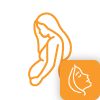How to shrink ovarian cysts naturally
May 14, 2022

What are Ovarian Cysts?
Ovarian cysts are sacs filled with fluid that can grow on a woman’s ovary. They are common and usually harmless. However, many women have no symptoms at all, and about one-third of menstruating women have an ovarian cyst at any given time.
The two most common types of ovarian cysts are cysts that develop in the Corpus Luteum, which is the tissue that fills an empty follicle once it has released an egg during ovulation. These cysts may bleed and may cause pain. Follicular cysts occur in a follicle where an egg is developing during ovulation. Neither of these types of cysts usually cause symptoms and usually disappear on their own.
Contents
A benign tumour that grows slowly is sometimes diagnosed as being cancerous. For example, women with Polycystic Ovary Syndrome (PCOS) are often diagnosed with multiple follicular cysts. PCOS is a medical condition that causes hormone imbalances. As a result, some women with PCOS have trouble getting pregnant or ovulating only rarely.
Sometimes an ovarian cyst can grow so large that it twists the ovary. This could damage the ovary or fallopian tube or even lead to life-threatening bleeding. This type of cyst requires immediate treatment to avoid permanent damage to the ovary. Sometimes, a surgeon may have to remove the ovary if it is too damaged to continue functioning.
Symptoms of functional ovarian cysts
Many women don’t realise they have ovarian cysts until they start experiencing symptoms. Symptoms can include pelvic pain, irregular menstrual cycles, swelling in the abdomen, and decreased fertility. If you experience any of the symptoms below, you may want to ask your OB/GYN for an ultrasound exam to determine if ovarian cysts are the cause.
Common signs of ovarian cysts are:
- Lower abdominal pain
- Pain during intercourse
- Bladder pressure/need to urinate more frequently
- Bloating
- Stomach upset
Causes of Ovarian Cysts
In some cases, ovarian cysts are caused by an underlying condition, such as endometriosis. If you think you may have ovarian cysts, please talk to your doctor to determine the cause and whether or not treatment is necessary. Endometriosis occurs when bits of tissue lining the uterus (endometrium) are found outside the uterus in the fallopian tubes, ovaries, bladder, bowel, vagina or rectum. Blood-filled cysts may sometimes form in this tissue. Polycystic ovary syndrome (PCOS) is when many small cysts develop on the ovaries. The cysts are small egg follicles that do not grow to full maturity and are caused by altered hormone levels.
Treatment for Ovarian cysts
1. Hot Compress
A hot compress is the best way to reduce or shrink cysts. However, the heat may cause the liquid in the cyst to become thinner. If you have liquid-filled epidermoid cysts, this may speed up fluid drainage into the lymphatic system. This system helps keep the body’s fluid balance and protects against infection.

2. Massage
The pain of an ovarian cyst can cause the surrounding muscles to tense up. This can be especially uncomfortable during a period. Massaging the lower back, thighs, and stomach can help relieve tension and pain.
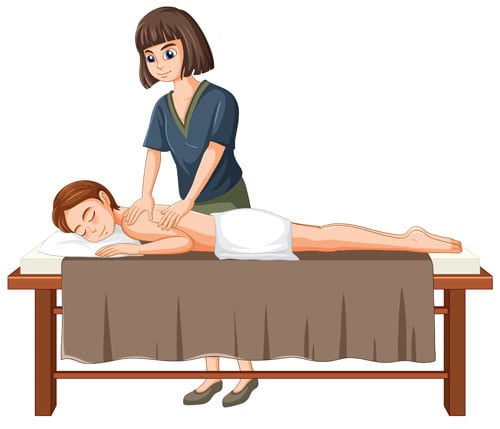
3. Exercise and stretching
Exercise and stretching can also help relieve the pain associated with ovarian cysts. It can also help reduce muscle tension. Some women find relief from intense exercise such as running, while others prefer gentle stretching and yoga. Exercise can help maintain a healthy body weight in women with polycystic ovary syndrome (PCOS). Even without weight loss, regular exercise may help reduce pain by strengthening the muscles. In addition, insulin resistance may be prevented or reduced by taking this medication.
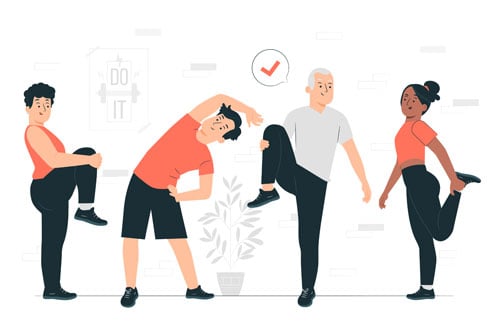
4. Relaxation technique
Stress and anxiety can make the pain worse. Relaxation techniques, such as meditation, yoga, and deep breathing, may help reduce anxiety and lessen the pain intensity. These techniques can help you manage pain over time and improve your overall health.
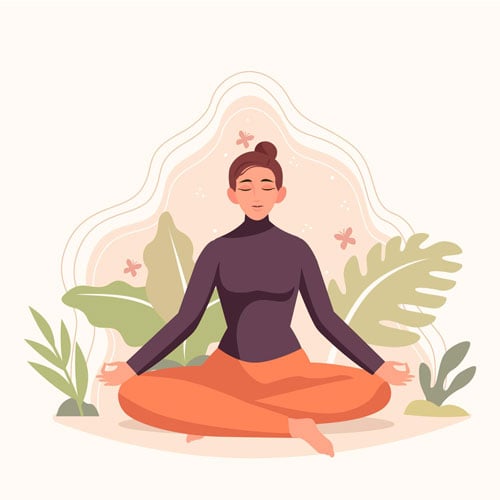
5. Dietary Changes
Many women with PCOS are resistant to insulin. This can lead to diabetes, make pregnancy more complex, and cause weight gain. A wide range of dietary changes may help, but since the research does not point to a specific PCOS diet, a woman may need trial and error to find what works best for her. Since women with PCOS may have insulin resistance, reducing sugar intake may help. Sugar is found in many different foods, including carbohydrates such as bread and pasta. Doctors can check a person’s blood to see if they are at risk of developing diabetes. Choosing to eat healthy natural foods helps a person gain weight within a healthy range.
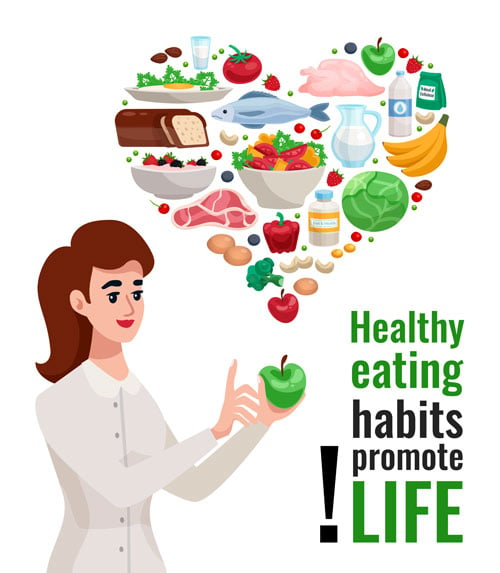
6. Tea tree oil
Some people use tea tree oil to help treat cysts, though this is indirect. According to the research source, tea tree oil has antimicrobial activity. The agent kills bacteria, viruses, fungi, and other pathogens, but it is not as effective as synthetic compounds. Infected hair follicles can create cysts. These disorders occur when hair follicles don’t grow properly, which causes an infection of the sebaceous gland. This creates a pocket of pus that can become a sebaceous cyst. Tea tree oil may help kill bacterial infections caused by ingrown hairs as an antimicrobial. It may lessen the chances of developing a cyst from ingrown hair or make it look less noticeable.
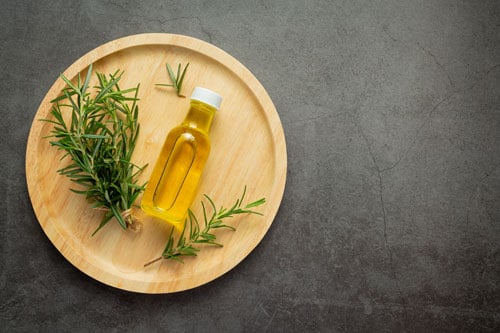
7. Aloe Vera
According to studies, aloe vera has anti-inflammatory and antimicrobial properties. Both may help with the pain and irritation associated with cysts. In addition, Aloe vera may help reduce the appearance or get rid of certain cysts caused by bacteria or other pathogens.

8. Turmeric
While turmeric alone won’t cure a cyst, its anti-inflammatory properties may help to heal it. However, be aware that turmeric may not be a cure for cysts. There is also no guarantee that swelling will be prevented or reduced. In addition, this treatment may not help certain types of cysts.

9. TENS Device
Transcutaneous electronic nerve stimulation (TENS) sends a small, safe electrical signal to the nerve. This signal can change how nerves respond to pain and help menstrual pain and ovarian cyst pain. TENS devices are available without a prescription but can also be prescribed by a doctor.
10. Honey
Some people say that honey can help manage cysts, but the research is not very strong. However, a 2017 review found that it has antimicrobial and anti-inflammatory effects. There is not enough evidence to say honey is effective as a treatment or remover for cysts. Using a topical antibiotic may help with both discomfort and cysts caused by bacteria.

People also ask
1. What does it feel like when you have a cyst on your ovary?
Most ovarian cysts are small and cause no symptoms. If you are experiencing symptoms such as pressure, bloating, swelling, or pain in the lower abdomen on the side of the cyst, it may be due to the cyst. The pain may be sharp or dull, and it may come and go. However, when a cyst ruptures, it can cause sudden, severe pain.
2. What is the main cause of ovarian cyst?
Ovarian cysts are most commonly caused by hormonal imbalance, endometriosis, or a corpus luteum cyst development. One of the main causes of ovarian cysts is a hormonal imbalance, which can be caused by things like pregnancy, endometriosis, or pelvic infections.
3. Is ovarian cyst serious?
Most ovarian cysts show little or no discomfort and are harmless. The majority of people who develop this condition quickly recover without treatment. However, ovarian cysts, especially those that rupture, can cause serious symptoms.
4. What foods shrink ovarian cysts?
High-fibre foods, including broccoli, greens, almonds, berries, and squash. Lean proteins, including fish, tofu, and chicken. Anti-inflammatory foods and spices, including tomatoes, turmeric, kale, olive oil, and almonds.
5. What helps shrink ovarian cysts naturally?
The best treatment for ovarian cysts depends on several factors. This includes your age, whether you have periods, the size of the cyst, and your symptoms. The functional cysts tend to shrink within 1 to 3 months.
6. How do you stop ovarian cysts from growing?
- Maintain a healthy weight with the help of a balanced diet.
- Do not take fertility medication without consulting your doctor.
- Don’t smoke cigarettes.


